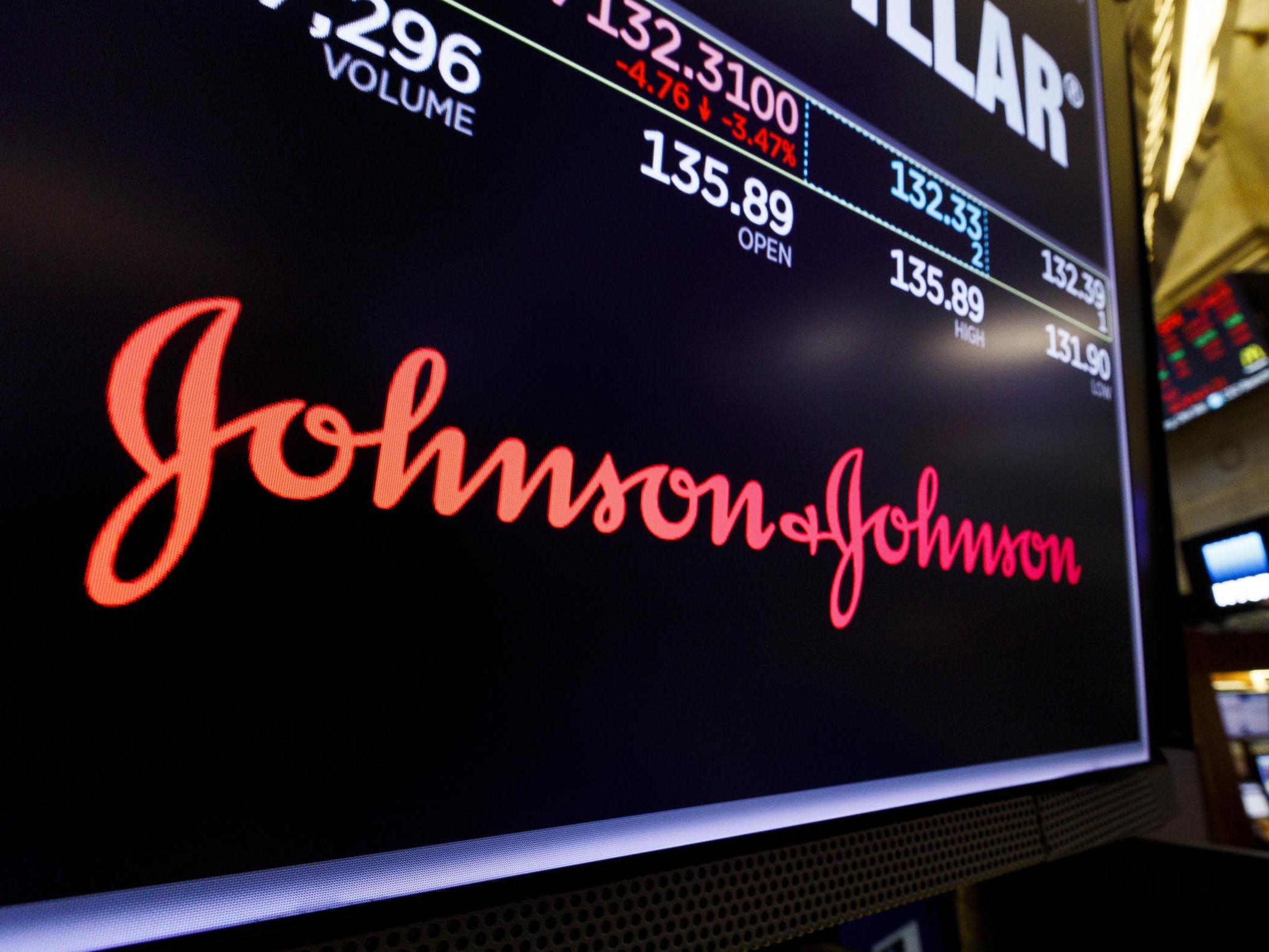After an $8bn verdict against Johnson & Johnson, here’s why America’s runaway juries might be a good thing
Such punitive damages are designed to punish corporate wrongdoing. Those with bad products need to be encouraged to think twice before marketing them to the public, writes James Moore


It’s the sort of verdict the size of which even John Grisham might think twice about including in one of his legal thrillers.
Johnson & Johnson was hit with an $8bn (£6.5bn) penalty by a real-life “runaway jury” over its marketing of an antipsychotic drug, Risperdal, which has the unfortunate potential side of effect of causing male users to develop breasts.
In Grisham’s bestselling book of that name – it focussed on tobacco litigation before Hollywood turned it into a movie about guns – his fictional good men and women baulked at an $800m award, ultimately settling for half that, opening the floodgates in the process.
Life eventually imitated art, at least up to a point, with tobacco litigation ultimately costing the industry billions of dollars.
If the $400m that the members of his panel settled upon made them runaways, what does it make their real-life equivalents in Philadelphia? The space-rocket jury?
They came up with that incredible number after siding with Nicholas Murray from Maryland, who argued that a subsidiary of the healthcare giant downplayed the risks.
He began using Risperdal at the age of nine to treat the symptoms of autism. That in itself nearly had me blowing a gasket as the parent of a high-functioning autistic child we have kept pharmaceutical free. There are better ways of dealing with the condition’s challenges.
Compensatory damages of $680,000 had already been awarded. The $8bn was the punitive element, although the money still goes to Mr Murray (and his lawyers).
Punitive damages are, in America, an established principle of common law, but verdicts like this one nonetheless makes them the cause of controversy.
“Grossly disproportionate” is how the company described the verdict, noting the vast gulf between it and the compensatory award. It will appeal (obviously) and the consensus is that it stands a high chance of getting the number reduced. That’s what has happened with some of the numbers that similarly runaway juries have come up with in the past.
More’s the pity. In a system where regulators are derided and too often have their hands tied by politicians who can too easily be bought, such verdicts have a purpose.
They are an important means by which companies can be called to account when they, their actions and/or their products hurt people.
There are innumerable instances where corporations have sold and marketed bad products in the full knowledge of their badness because of the financial imperative. Tobacco is but one example.
An aggressive legal system, populated by aggressive lawyers capable of producing verdicts like this one, should at least provide companies with the motivation to ask an important question: should we do this? Do the potential risks outweigh the rewards?
Johnson & Johnson is a financial juggernaut. It generated $82bn in revenue last year. The “No 1 on Working Mother’s 100 Best Companies” list (I quote from its website) has sought to build a reputation as a brand trusted by doctors, nurses, patients.
But its recent history suggests that it hasn’t been asking that question often enough.
In August it was ordered to pay $572m after a judge in Oklahoma found the company intentionally played down the dangers and oversold the benefits of opioids in a major trial related to what has become an American public health crisis.
It has also faced multimillion-dollar verdicts related to pain plaintiffs say was caused by its vaginal mesh implants. Another case with a verdict in the billions involved 22 women who alleged that its talc products caused them to develop ovarian cancer.
The legal authorities in this country tend to look at at the American system with its torts, class actions and supposed ambulance chasers hustling big verdicts, with something akin to horror.
But you can easily make the case that the big verdicts pursued by pugilistic law firms are, in fact, in the public interest, even that we could do with some of them over here.
Join our commenting forum
Join thought-provoking conversations, follow other Independent readers and see their replies
Comments